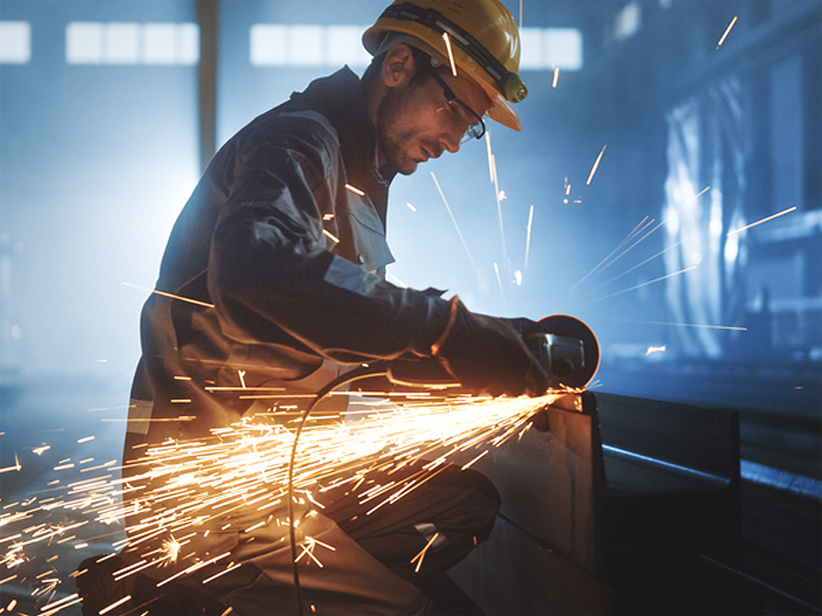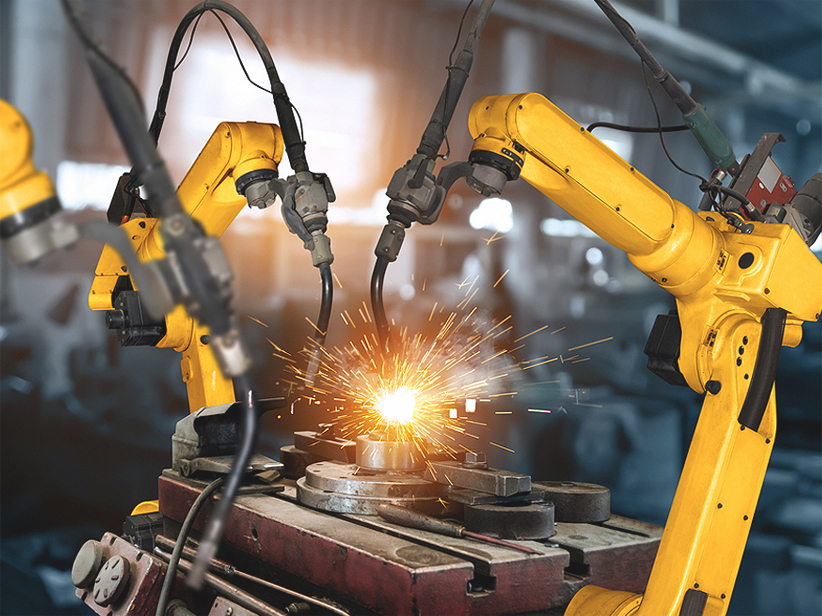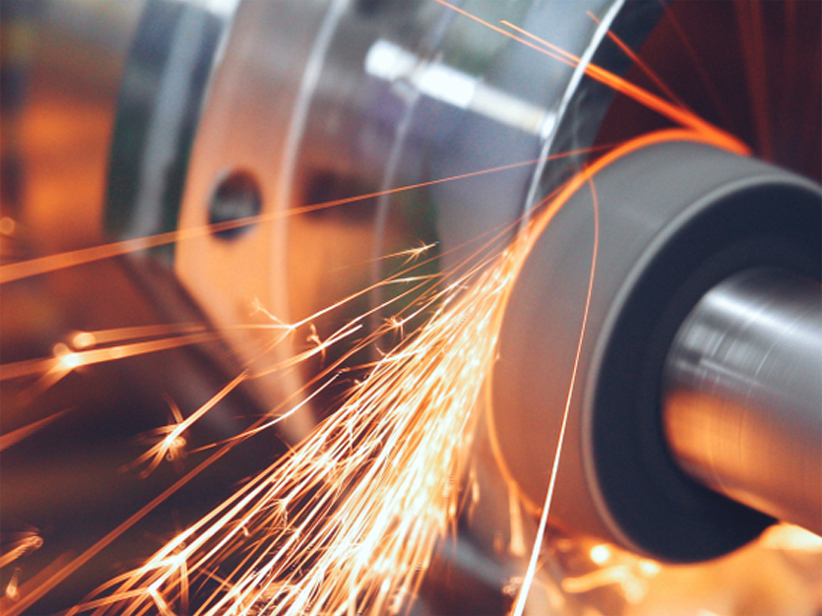Why Conveyor Belts Made Out Of Steel Are More Reliable
Steel plays a vital role in all spheres of industries, right from automation to transportation. It always offers us the comfort factor by withstanding harsh conditions with respect to temperature, pressure and most of the chemicals. So it is quite natural to go for better materials in safety intrinsic conveyor belts, one of the vital aspects of the production lines in pharmaceutical, food and health industries. Is steel a good candidate for conveyor belts? Yes, says the engineer associated with Venus wires, a reputed steel coarse wires manufacturer in India.
Most of the processing plants have intense pressure on them to deliver more than the anticipated capacity by reducing the downtime and keeping the assembly line continuously on. Hence process engineers stress their design counterparts to incorporate suitable materials while constructing the equipments and components that can withstand the rapid fluctuation of temperature, pressure, and fluids handled. Design engineers conduct detailed analysis to counter three very big issues.
Effects of fast cooling or heating and rapid fluctuations of pressure in their conveyor belts, which obviously occurs before the initiation of next phase of production.
How effectively the sanitary guidelines for the conveyor belts can be met?
The economics involved in cleaning the conveyor belts after every cycle.
More often, engineers zero in steel conveyor belts to satisfy all the stringent safety stipulations associated with process industries. What tilts the scale in favor of steel is enumerated below:
Ofcourse, it is true that the advent of plastics have redefined the material of construction of various components and equipments. Industries still use polyethylene, polypropylene, and polyacetal based conveyor belts in their assembly line. But what about the harsh conditions of temperatures, for example, while baking your favorite cookies in the continuous assembly line? Metal belts are the best choice for high temperature applications. Unlike plastic conveyor belts, they have very high melting points and very low thermal expansion coefficients. This vital advantage never allows the metal belts to lose their shape or deviate from their original dimensions.
With every passing day, the grip of safety stipulations is becoming tighter than ever. Hence, it is no wonder engineering fraternity is looking for materials that can live up to the stipulations and carry the tag of high safety. Consider a scenario of a food processing industry, where the conveyor belts undergo cleaning process after each cycle. With automated cleaning machines, the plastic belt surfaces get scratched and leads to the formation of minor cracks, dents, and pits in the belt. Can there be any other better places for pathogens and allergens to reside than this? Also the chances of formation of biofilm over these surfaces also can’t be ruled out. Steel alloys are much sturdy and can’t be easily scratched. Hence they are far superior in conveyor belts of pharmaceutical or food processing industries.
There can’t be a better option than open mesh metal conveyor belts, when it comes to easiness in cleaning. As there are no hinge pins or rod, chances of product accumulation are very remote and hence it becomes a handy aspect will cleaning. As quantum of steel used is less, so is the power consumption, but with higher productivity and more throughput.
- Steel conveyors are the only option when high operating tensions in excess of 200 kN/m are encountered.
- Very long life expectancy when compared with counterparts even under abrasive and harsh ambience.
- Armed with low elongation property, steel is one of the viable solutions for large centre distances.
- As steels can be repaired in both hot and cold conditions, reconditioning becomes very easy.
- Sanitation protocol can be facilitated without removing the equipment from the belt.
- No threat of fire hazard (One of the huge advantages over plastic belts in any industry)
- The advantages associated with steel conveyor belts are huge in most of the applications and hence no doubt, it is the choice by most of the design and process engineers, says, Venus Wires, one of the reputed coarse wire suppliers in India.







